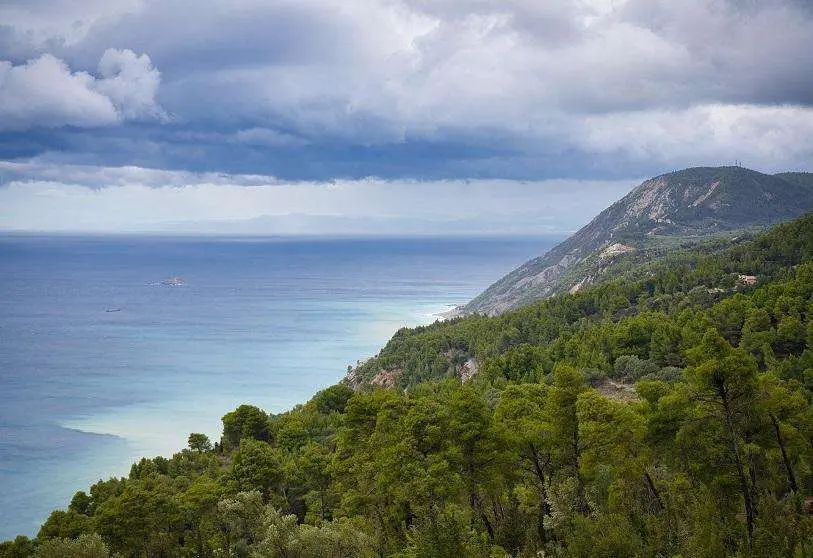Global pact to save a third of the Earth

The hectic UN-sponsored COP15 meeting in Montreal, Canada this weekend closed on Monday with an ambitious agreement on measures to save a third of the Earth and its oceans from the process of plant and wildlife destruction towards which it is moving at an unstoppable pace. Some 12,000 people, mostly experts and politicians representing nearly 200 countries, took part in the meeting.
While all those gathered shared the need for urgent action, the discussions were intense, especially when each delegation raised the problems the measures will pose for their economies and the cost of the investments needed to implement them. African countries, which, together with Latin American countries, are the most affected, were the ones who raised the most objections and demanded aid from organisations and wealthy countries.
The Assembly was presided over by Huang Runqiu, the Chinese Minister for the Environment, and began with a brief message from President Xi Jinping, limited to a greeting as it was his country that headed the Presidency. Canadian Prime Minister Justin Trudeau was the only head of government to participate, in his case as a representative of the host country. The experts in different reports agreed on the data justifying the alarm, and the politicians reacted more controversially.
The most illustrative example was the comparison made between the current process of destruction and the meteorite that killed the dinosaurs thousands of years ago. The most precise agreement reached was that countries have eight years to implement programmes that include the protection of both vegetation and animal life, including insects, whose rate of extinction already exceeds 50%. This will require a reduction in the use of pesticides which also indirectly affect the survival of birds.
More than 1,000 animal species are on the verge of extinction as a result of the fracture between the organic dependencies established by the evolution of nature. The oceans and seas are suffering from the double deterioration of their living species - whales are a dramatic case in point - and from the pollution of their own waters. Climate change is undoubtedly the cause of many of these ills, but, above all, it is mostly the human species' lack of sense of responsibility for this threat to its own future.

